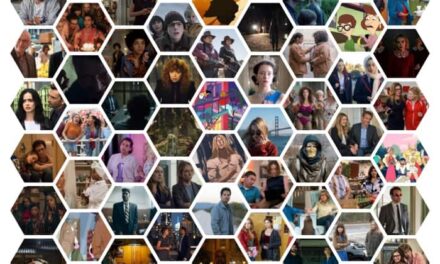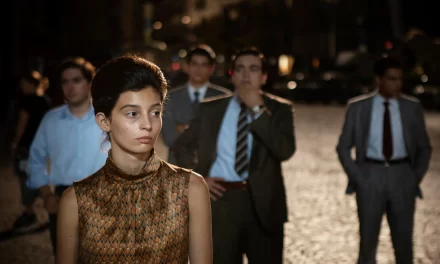Sport has long been a prominent feature of scholarly investigation across diverse disciplines including (but not being limited to) education, communication, media studies, tourism, advertising and marketing, public relations, sociology and psychology. However, with the rapid evolution and widespread adoption of new media technologies, the study of sport and its relationship with these disciplines demands recalibration. Sports-related new media technologies (e.g. Strava/Runkeeper/MapMyRun) and popular social media platforms (e.g. Facebook/Instagram) represent not only a means of tracking activity, but an opportunity to become a member of an online sporting community populated by people with similar interests (see for example Smith & Treem, 2016; Stragier, Evens, & Merchant, 2015; Thorpe, 2017). Within this community, and in relation to the sporting activity in question, identities are constructed and shared, negotiated and contextualized, locations are promoted, new forms of behavior and motivations are observable and new channels of communication emerge, meaning that discursive participation must be conceptualized in a manner which reflects such contemporary complexity.
Coming from a background of sociolinguistics and discourse analysis, we the editors are committed to inter- and multi-disciplinary inquiry into the broad domain of sport discourse and participation within communities increasingly influenced by the growing presence of new media technologies. We are therefore calling for submissions of chapter proposals that document, investigate and analyze the ways in which sporting discourses, communities, and participation are being transformed by and within the new media landscape. In line with our desire to incorporate work from a range of disciplinary backgrounds, chapters can draw on a diverse range of topical focus areas.
Possible questions for exploration include, but are not limited to:
- What communicative and participatory potential is offered by fitness tracking apps such as Strava?
- How has sports advertising changed in the era of ubiquitous social media platforms and personal devices?
- What possibilities are created in the area of tourism through use of social media platforms (e.g. Instagram and Facebook)?
- How is/are language(s) used across sporting apps in various contexts?
- Has the athlete ‘self-talk’ changed within the new media landscape with constant awareness of progress and efforts etc.?
- How can new media platforms be utilized within a sporting community for the purposes of training and discussion?
- What similarities or differences exist in the notion of sportsmanship in physical and digital contexts?
- Do new media technologies hinder or encourage ethical sporting behavior?
- Do new media technologies impact on athlete efforts? If so, how? And how is this communicated to the community?
- What role do social media platforms play in the construction, communication and performance of a sporting identity?
- How do communities of sports participants cross over from one form of social media to another (i.e. YouTube to Strava)?
While acknowledging connections with previous scholarly work focusing on the connection between sport and new media, chapters should strive to further raise awareness of the possibilities offered by the contemporary new media landscape for sport and the implications for a variety of scholarly fields such as linguistics/discourse studies, sport studies, communication, education, psychology, advertising and public relations, technology, and tourism, among many others.
All methodological and theoretical approaches will be considered and we encourage authors to be creative and ambitious. Potential authors are invited to submit a 400-word proposal and a short author-biography to the editors
- Dr. Andrew S. Ross, andrew.ross@scu.edu.au – www.asross.com and
- Dr. Damian J. Rivers, rivers@fun.ac.jp – www.hakodate7128.com
- by July 1st, 2018.
All proposals should clearly outline (1) topical focus, (2) theoretical foundation, and (3) methodological approach. Final chapter selection will be made by August 1st, 2018 and full chapters of 7,000 words will be due on February 1st, 2019. Publication will be sought with a major international publisher.





